It is not clear what your problem might be since you have not provided any code to see how you are scanning, or quantative information on the file/folder structure ("many files" is rather vague), or even specified the media type used.
However a solution that might overcome all the variables of filesystem performance, hardware I/O, driver implementation and media type and make access more deterministic regardless, is to maintain a separate index file or database in a single file in the root directory to map each MP3 file to its path so you need only search the index/database for the MP3 you need (or use it to directly list all MP3's without scanning the file system).
If you maintain that file sorted (or a separate index file that is sorted) then you can use a binary search to find a specific file. Or simply use a real database - though that might be a rather heavyweight solution for this purpose. You might even load the metadata into memory for even faster access, and write it to the filesystem only if it changes.
Either way, the solution I suggest is to isolate your application from the variability of the filesystem/media, and the lack of scalability of FAT in general by maintaining your own "metadata" file(s) indicating what is stored and where so that you can use that to access the files directly without file system scanning using findfirst/findnext semantics, and recursion which is always best avoided, but is the obvious way to scan a directory tree.
Incidentally this is precisely how iTunes works for example. The "iTunes Library.xml" contains meta-data about "songs" including their location. Clearly you need not have anything quite that detailed, but the principle is the same and there may be merit in using XML or JSON for your application given a suitable library for updating and accessing such a file.
By doing that, the performance is more directly within your control rather than dependent on the filesystem, media and/or device driver level. However you still have some control/responsibility over the media and its interface (SPI, SDIO, USB or whatever), and the device I/O layer (DMA, interrupts, polled, bit-banged), and while you may have little control over the choice of FAT and the ELM FatFs implementation, you can certainly impact its performance greatly at the device driver, hardware interface and physical media level.
